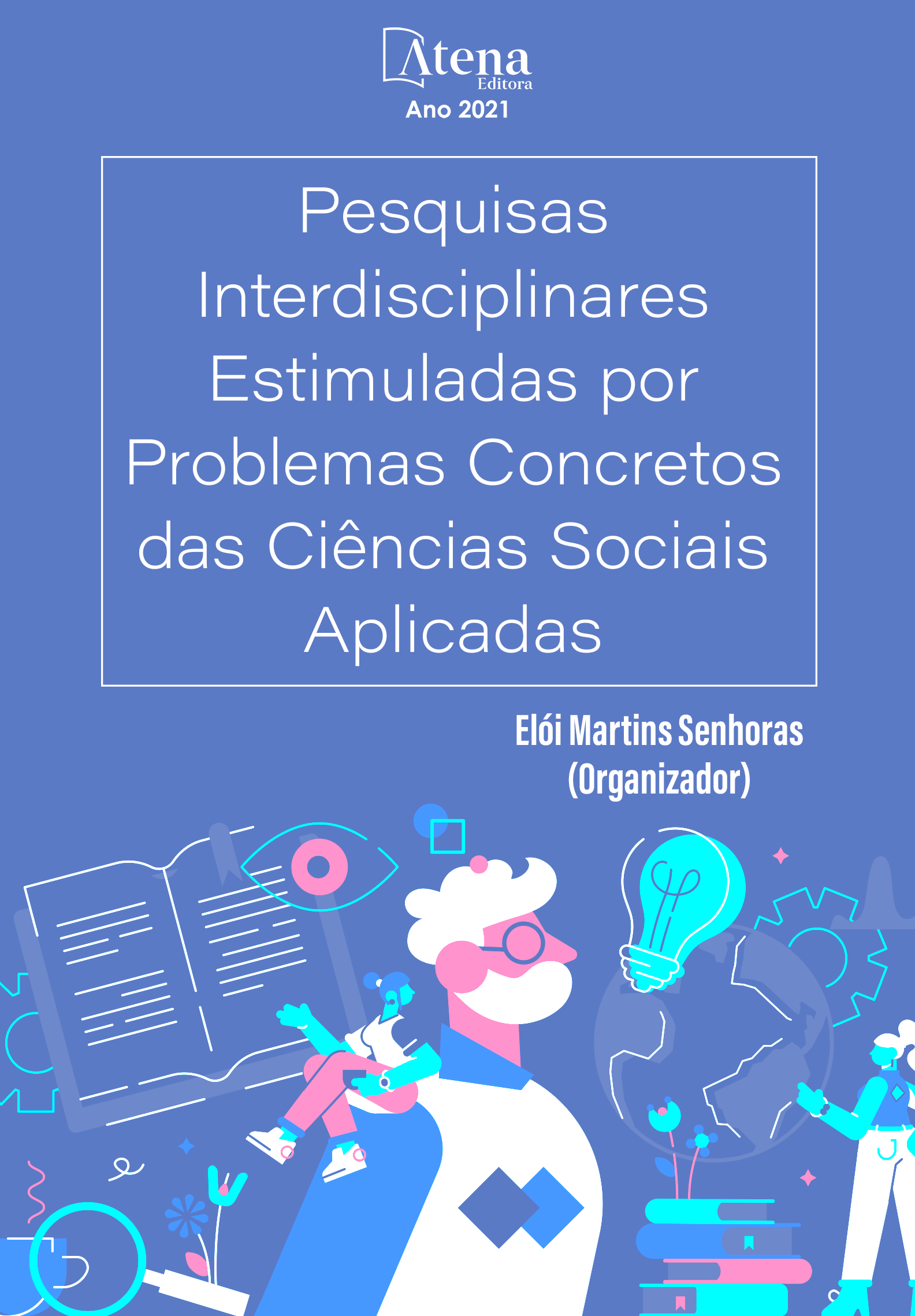
CULTURA POLÍTICA E PARTICIPAÇÃO SOCIAL: UMA QUESTÃO DE MÉTODO, PESQUISA E CIDADANIA
RESUMO: A pesquisa teve como objeto a experiência de pesquisa e o próprio método aplicado segundo contribuição da fenomenologia crítica em interlocução com o marxismo; na pauta principal, análises em torno à complexidade da realidade e ao próprio círculo hermenêutico. Objetivo, valorizar o trabalho do docente pesquisador, histórias de luta por educação, cidadania, movimento social. Problema levantado foi o desafio da realidade quando impõe relações autênticas, justiça, participação cidadã, diálogo/debate. As análises revelaram que o movimento social foi processo social quase sempre minimizado pela sociologia predominante, ocultado pelos textos escolares. Heidegger, Luís Segundo, Vigiani Bicudo, Ellacuría, Jon Sobrino, abraçando o método fenomenológico, tratam do "círculo hermenêutico", pedem “sinceridade com a realidade”, reclamam pela relevância de cada tema e o respeito à cidadania de todos. O trabalho ressaltou Paulo Freire com os "círculos de cultura"; toda pessoa, em "abertura" ao mais, compartilha esforço, doação, escuta: recebi muito, devo repartir. As pesquisas salientam, inclusive, que saúde e religião exigem melhor tratamento. Acentuando totalidade, rede, complexidade, elas forçam ao diálogo/debate entre referenciais e destacam categorias como “relações”, “diálogo”, conforme Freire, Gramsci, Habermas; “análises”, “interlocução”, em Marx, Engels; “leitura crítica” segundo Freire e Gramsci. Os resultados interessam às ciências humanas e sociais.
CULTURA POLÍTICA E PARTICIPAÇÃO SOCIAL: UMA QUESTÃO DE MÉTODO, PESQUISA E CIDADANIA
-
DOI: 10.22533/at.ed.13721090214
-
Palavras-chave: Ciências humanas e sociais; fenomenologia crítica; pesquisa; educação; resistência.
-
Keywords: Human and social sciences; critical phenomenology; research; education; resistance.
-
Abstract:
ABSTRACT: This research had presented as its object a research experience about method, according to a critical phenomenology as far as it could also be in interlocution with Marxism; as another important point, also an analysis on complexity of reality and the hermeneutical circle. The research aimed to get a new depth about the work of a teacher, that is to say, in permanent research, construction of narratives, and fight for education, citizenship, social movement. The authors took as a major problem to identify the challenges of reality, at the point when it imposes truly moral relations, a just participation of all citizens, in sincere dialogue and free debate. In their analysis, the authors could understand social or popular movements as social processes, frequently underestimated by the sociology of the winners, and let unrevealed by school text editors. Heidegger, Luís Segundo, Vigiani Bicudo, Ellacuria, Jon Sobrino, embracing the phenomenological method, discuss the “hermeneutic circle”, claim for “sincerity” before reality and for the relevance of every theme, defending respect to the rights of every citizen. The work of Paulo Freire, about his “circles of culture”, could gather more persons “open” to the plus, sharing efforts, donation and hearing: I received much, so I must distribute more. More, the research requires for health and religion a much better treatment. Accentuating totality, networks and complexity, the researches impose dialogue/debate among references and emphasize a lot of important categories as one can see: “relations”, dialogue, according to Freire, Gramsci, Habermas; “analysis”, “interlocution”, in Marx and Engels; “critical reading”, as in Freire and Gramsci. All these results report to human and social sciences.
-
Número de páginas: 9
- Ignês Amorim Figueiredo
- Antônio Marques do Vale


